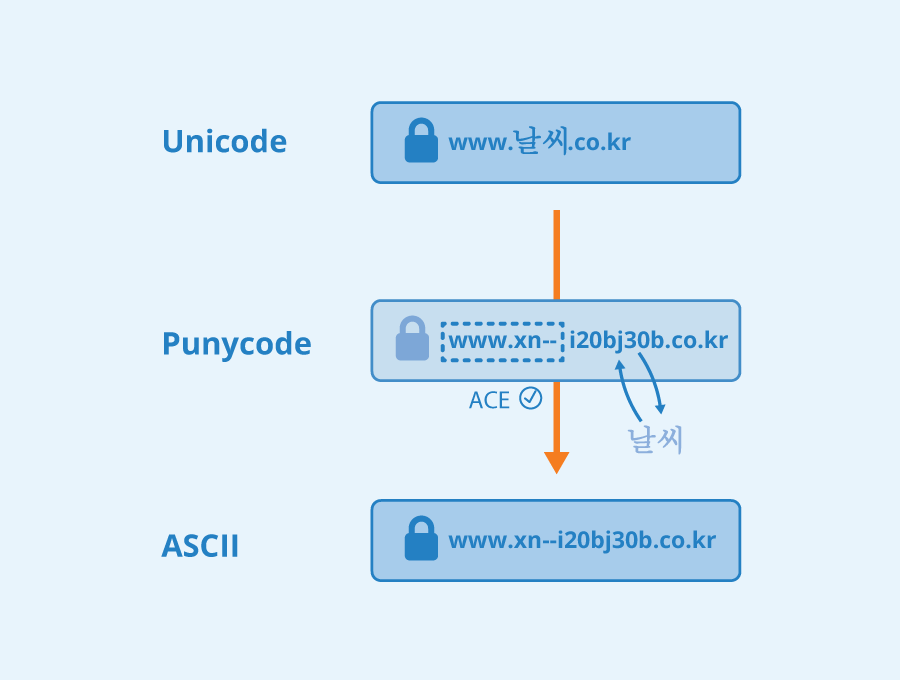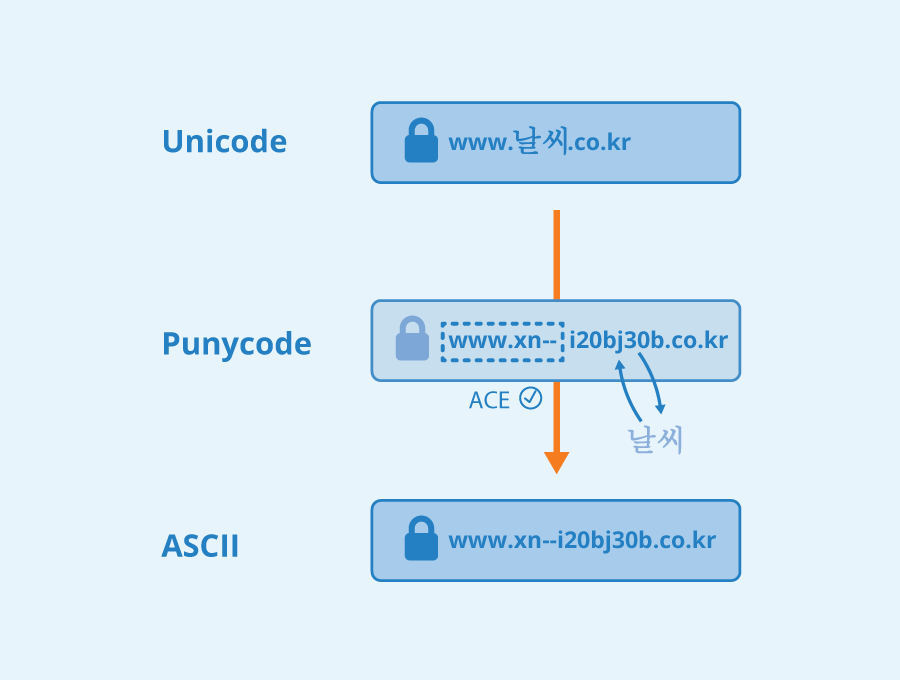When it comes to domain names, numbers might not be the first thing that comes to mind. But did you know that it is indeed possible to have numbers in a domain name? While typically domain names consist of letters and occasionally hyphens, numbers can also be included, adding another layer of flexibility and creativity to the art of selecting the perfect domain name.
The inclusion of numbers in domain names can be particularly useful for businesses or individuals looking to create a unique online presence. Not only can numbers help to make a domain name memorable, but they can also add a sense of authenticity and relevance, especially when they align with a specific product, service, or memorable date. It is important, however, to strike a balance when incorporating numbers into a domain name, ensuring that they do not confuse or complicate the website’s URL.
Domain names can indeed have numbers. However, it is important to note that domain names with numbers may not be as user-friendly or memorable as those without. It is generally recommended to use letters instead of numbers in domain names to make them easier to remember and type. Additionally, some domain extensions may have restrictions on including numbers, so it’s important to check the specific guidelines for the extension you want to use.

The Role of Numbers in Domain Names
When it comes to domain names, the use of numbers can be a point of confusion for many people. People often wonder if numbers can be included in domain names, and if so, how they can be used effectively. In this article, we will explore the topic of whether domain names can have numbers and discuss the impact they may have on a website’s success. By understanding the role of numbers in domain names, individuals and businesses can make informed decisions when choosing and registering their domain names.
Before diving into the specifics, it’s important to note that while domain names can include numbers, they should be used sparingly and thoughtfully. The primary purpose of a domain name is to make it easy for users to remember and access a website. Including numbers in a domain name can make it more challenging for users to remember and can create confusion. Therefore, it is generally recommended to avoid using numbers in domain names unless absolutely necessary. However, there are certain situations where the use of numbers can be acceptable and even beneficial.
For example, numbers can be used in domain names to represent a year, such as in the case of news websites that focus on a specific year or historical event. Additionally, numbers can be used to differentiate between similar domain names. For instance, a company with a common name may choose to include a number in their domain name to secure a unique online presence. In these cases, the use of numbers can be beneficial as long as they are used in a way that enhances the user experience and does not create confusion or make the domain name difficult to remember.
To further explore the topic of using numbers in domain names, let’s take a look at some of the advantages and disadvantages associated with their use.
Advantages of Using Numbers in Domain Names
Using numbers in a domain name can have several advantages. Firstly, it can help make the domain name more unique, especially if the name itself is a common word or phrase that has already been registered by others. By adding a number, the domain name becomes distinctive and stands out from others in the same niche or industry.
Secondly, numbers can be used to convey important information or provide a sense of urgency. For example, a website selling limited edition products may choose to include a number in their domain name to indicate the scarcity of their offerings. This can create a sense of exclusivity and encourage potential customers to take action quickly.
Lastly, including numbers in a domain name can help with search engine optimization (SEO). Search engines often consider the presence of keywords in a domain name when determining the relevance of a website to a particular search query. By including a relevant number in the domain name, the website may have a better chance of ranking higher in search engine results pages for specific keyword searches.
Despite these advantages, there are also some drawbacks to consider when using numbers in domain names.
Disadvantages of Using Numbers in Domain Names
One of the main disadvantages of using numbers in domain names is that they can make the domain name more difficult to remember. Numbers are inherently less memorable than words, and users may struggle to recall the exact combination of letters and numbers in the domain name. This can result in a decrease in direct traffic to the website as users may need to rely on search engines or bookmarks to find the site again.
Additionally, numbers can create confusion when spoken aloud. For example, when a domain name includes the number “1,” it can be unclear whether the word “one” or the numerical digit “1” is being referred to. This ambiguity can lead to miscommunication and potential loss of website traffic.
Another challenge with using numbers in domain names is the potential for misspellings or typos. It is common for users to omit or confuse numbers when typing, leading to errors in reaching the intended website. This can result in lost opportunities and frustration for both the website owner and potential visitors.
Finally, including numbers in a domain name may limit its potential for branding and marketing. A domain name with numbers can be more difficult to build brand recognition around, as it may not convey a clear and memorable message to the target audience. This can hinder marketing efforts and make it harder for the website to establish a strong online presence.
Best Practices for Using Numbers in Domain Names
While there are advantages and disadvantages to using numbers in domain names, following some best practices can help mitigate the potential drawbacks and maximize the benefits.
Firstly, it is important to use numbers sparingly and purposefully. Only include a number in the domain name if it adds value or serves a specific purpose, such as representing a year or differentiating the website from others in the same industry. Avoid using multiple numbers or complicated combinations that may confuse users.
Secondly, choose numbers that are relevant and easy to understand. Avoid using ambiguous or complex numbers that can cause confusion or require explanation. For example, if the number represents a year, consider using a well-known or significant year that the target audience can easily recognize and remember.
Furthermore, it is essential to consider the user experience when using numbers in domain names. Test the domain name with others to ensure it is easy to communicate verbally and that there is no confusion or misinterpretation when the number is spoken aloud.
Lastly, it is vital to promote the domain name effectively to overcome the potential challenges associated with using numbers. Focus on building brand recognition around the domain name and clearly communicate its value and purpose to the target audience through marketing efforts.
Conclusion
In conclusion, while domain names can include numbers, it is generally recommended to use them sparingly and thoughtfully. Numbers can add uniqueness and convey important information or a sense of urgency in a domain name. However, they can also make the domain name more challenging to remember, create confusion when spoken aloud, and limit branding potential. By following the best practices discussed in this article and carefully considering the impact of numbers on the user experience, individuals and businesses can make informed decisions when choosing and registering domain names.
Remember, the primary purpose of a domain name is to make it easy for users to remember and access a website. While numbers can be incorporated into domain names, it is important to prioritize user experience and ensure that the domain name remains memorable and easily communicated. By weighing the advantages and disadvantages, and following the best practices, individuals and businesses can navigate the use of numbers in domain names effectively.
For more information on domain names and web hosting services, visit example.com.
Key Takeaways: Can Domain Names Have Numbers?
- Domain names can have numbers, but it is generally recommended to avoid using them.
- Using numbers in a domain name can make it harder for people to remember and type correctly.
- Some individuals and businesses choose to use numbers in their domain names for specific purposes, such as representing a year or a numeric sequence.
- However, using numbers can also make a domain name appear less professional and credible.
- Overall, it is best to choose a domain name that is easy to remember, type, and reflects the professionalism and credibility of your brand.
Domain names can have numbers, but it’s important to use them wisely. Including numbers in a domain can make it unique and memorable. However, it’s best to use them sparingly and in a way that makes sense to your audience. Too many numbers or a confusing combination can make a domain difficult to remember or understand.
When using numbers in a domain name, it’s important to consider how it might affect your brand and search engine optimization. Numbers can be misunderstood or mistyped, so it’s important to choose numbers that are relevant to your business and easy to read. It’s also recommended to register variations of your domain name with and without numbers to cater to different preferences of your target audience.

